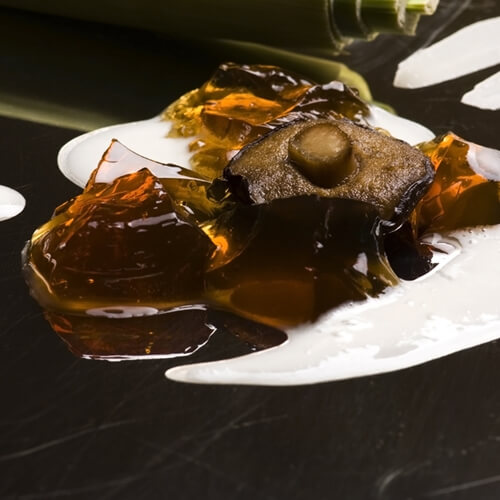Are Tasting Menus a Threat To American Cuisine?

The tasting menu seems to be the latest trend in American cuisine. More and more restaurants are ditching their a la carte menus in favor of fixed-price, chef-designed tasting menus. These restaurants are often hailed for the ingenuity of their unique dishes. As a result, fine dining is becoming synonymous with tasting menu.
However, there has been a bit of a backlash against this type of dining in the last year. Corby Kummer, writing for Vanity Fair, has criticized the tyrannical nature of these menus wherein the guest has no say in what they will be eating. Pete Wells at the New York Times weighed in, deciding that while the food at these kinds of restaurants is often of the highest caliber, the sacrifice of the traditional principles of hospitality that they necessitate makes it a format best left to a few chefs in the upper echelons.
Unfortunately, since Wells published his story in 2012, more and more chefs have elected to serve only tasting menus at their restaurants. The influx of these kinds of establishments has led GQ food writer Alan Richman to coin the term “egotarian cuisine.” This new culinary movement is driven by the chef’s own ego rather than the customer’s desires. No longer are restaurants places where diners go to enjoy their favorite dishes, instead, they are theaters – or rather, temples – built to showcase the prowess of the chef in charge. This new movement seeks to wow guests more than feed them. The dishes are combinations of an array of disparate ingredients prepared by using tools that may seem more at home in a laboratory than a kitchen.
The upshot of this chef-centric cooking is that it has created some amazing dishes, but at what cost? While all of these critics agree that true, high-quality food has come out of this movement, they also note that many of the attempts at small plates are duds. But even if every $300 seven-course tasting menu was worth the price tag and 4-hour timeframe required to get through it, shouldn’t we consider what we have lost? Fine dining used to be about hospitality. The food was exquisite because chefs were concerned with taking care of guests. If the focus is to shift from hospitality to theatricality, it may become harder and harder for guests to justify the price of entry.


